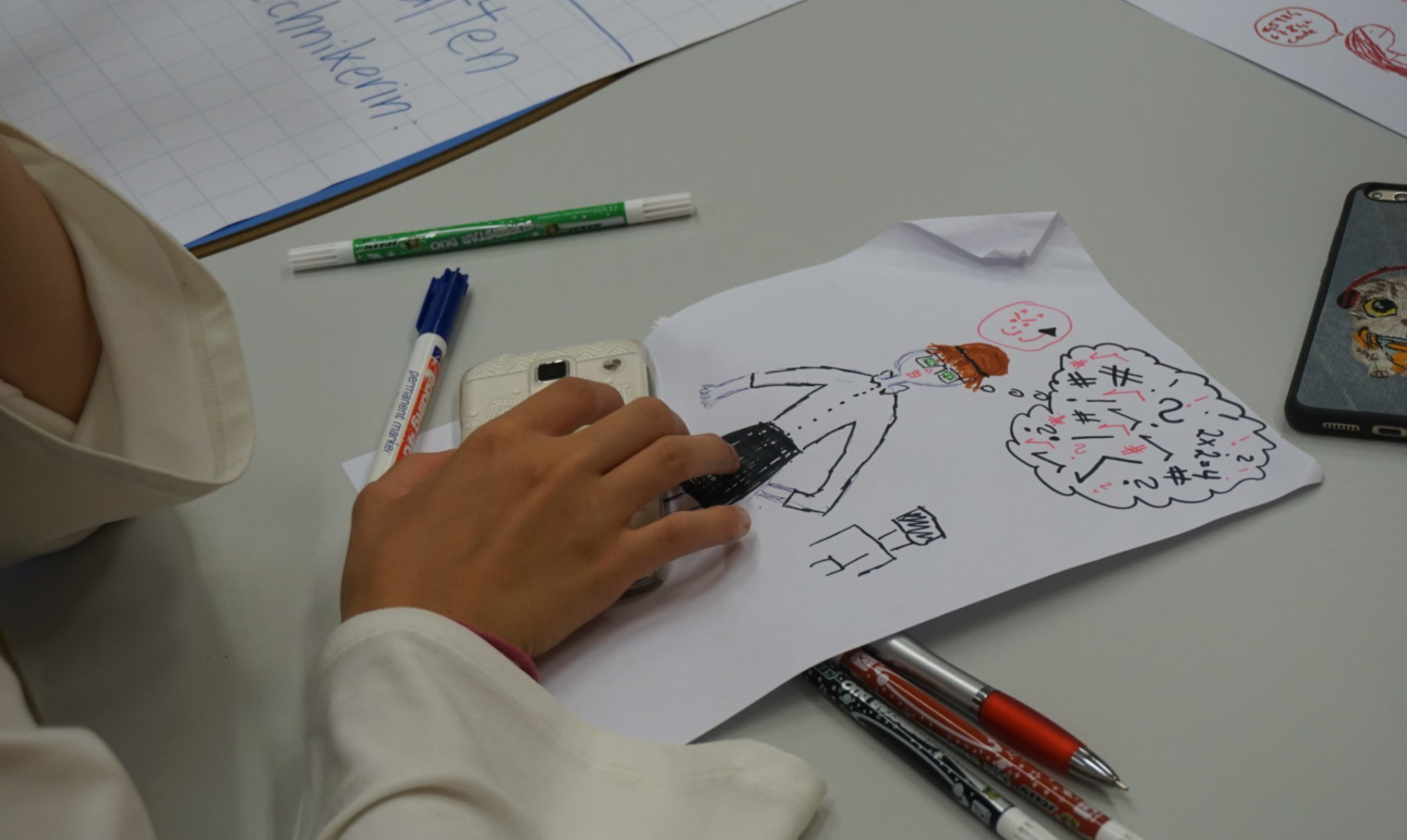Reference Format: Spieler, B.; Grandl, M.; and Krnjic, V. (2020). The hAPPy-Lab: A Gender-Conscious Way To Learn Coding Basics in an Open Makerspace Setting. Proceedings of the International Conference on Informatics in School: Situation, Evaluation and Perspectives, November 16-18, 2020, Tallinn, Estonia.
Continue reading “The hAPPy-Lab: A Gender-Conscious Way To Learn Coding Basics in an Open Makerspace Setting”Design, Complexity, and Coding: A Framework to Evaluate Games
[GERMAN] Das PECC-Framework: Gender-Sensibilität und spielerische Programmierung in der informatischen Grundbildung
Zitiervorschlag: Spieler, B. und Girvan, C. (2020) Das PECC-Framework: Gender-Sensibilität und spielerische Programmierung in der informatischen Grundbildung. DELFI 2020 – Die 18. Fachtagung Bildungstechnologien der Gesellschaft für Informatik e.V. – Komplettband. In: Zender, R., Ifenthaler, D., Leonhardt, T. & Schumacher, C. (Hrsg.), DELFI 2020 – Die 18. Fachtagung Bildungstechnologien der Gesellschaft für Informatik e.V.. Bonn: Gesellschaft für Informatik e.V. S. 247 – 258. Link
Bridging the Gap: A Computer Science Pre-MOOC for First Semester Students
“RemoteMentor”: Evaluation of interactions between teenage girls, remote tutors, and coding activities in school lessons
Reducing Cognitive Load through the Worked Example Effect within a Serious Game Environment
The Magic Word: A Coding Tutorial-Game to Engage Female Teenagers in App Design
Reference Format: SPIELER, B., Pfaff, N., MAKRYGIANNKI, S., AND SLANY, W. 2020. The Magic Word: A Coding Tutorial-Game to Engage Female Teenagers in App Design, Constructionism Conference 2020. 25-29 May 2020, Dublin, Ireland
Continue reading “The Magic Word: A Coding Tutorial-Game to Engage Female Teenagers in App Design”
[GERMAN] Kreative Aktivitäten mit Smartphones für einen fächerintegrativen Einsatz
“Computer Science for all”: Concepts to engage teenagers and non-CS students in technology
Reference Format: Spieler B.; Grandl, M.; Ebner, M.; and Slany, W. (2019)“Computer Science for all”: Concepts to engage teenagers and non-CS students in technology. 13th European Conference on Games Based Learning. pp. 667-674. doi: 10.34190/GBL.19.058.
Girls Create Games: Lessons Learned
Reference Format: SPIELER, B., KRNJIC V., AND SLANY, W. 2019. Girls Create Games: Lessons Learned. 13th European Conference on Games Based Learning, 2-3 October 2019, Odense, Denmark
Continue reading “Girls Create Games: Lessons Learned”